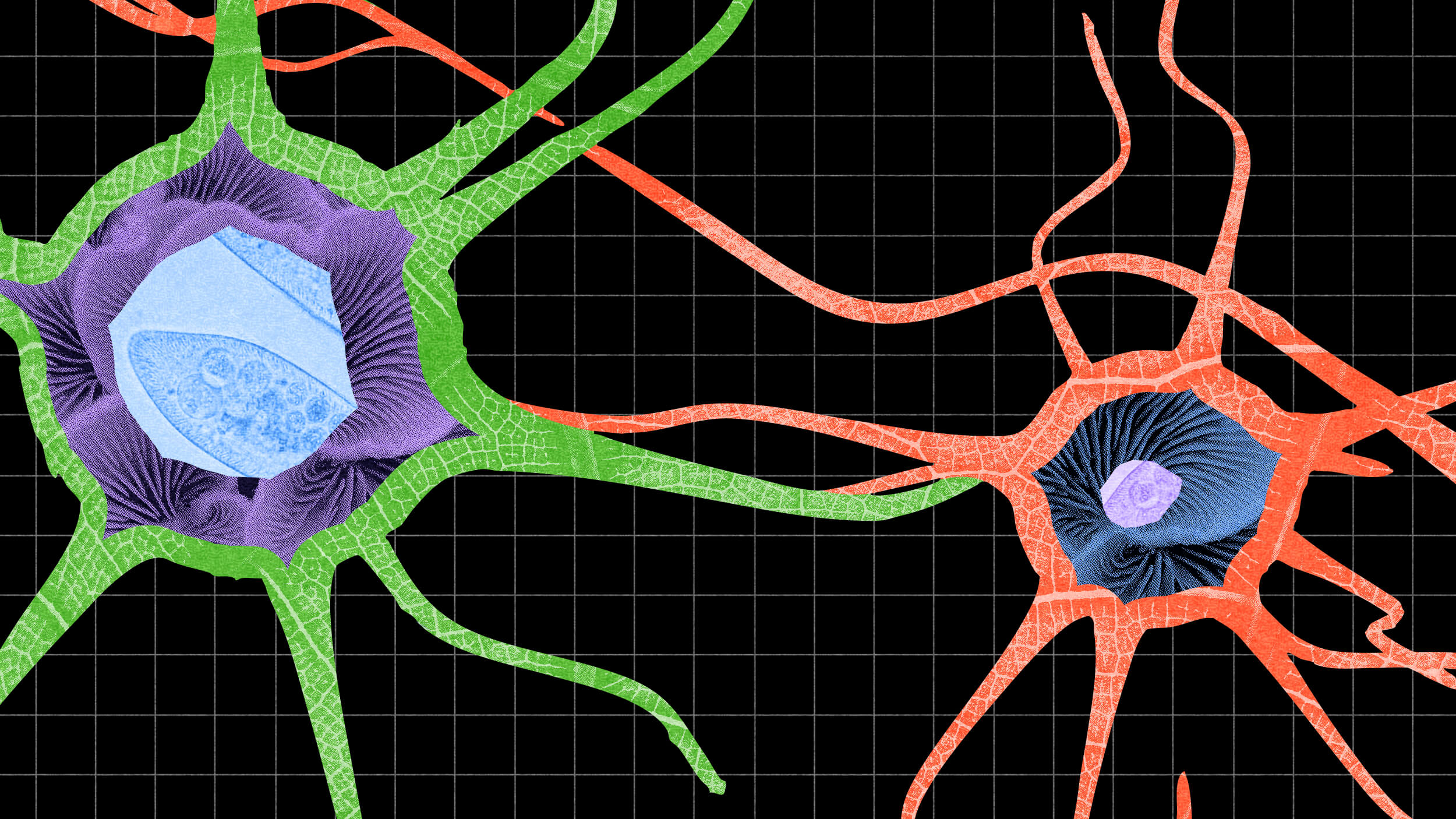Genius Belongs to Creative Teams, Not Just Individuals

7 DAYS OF GENIUS is a weeklong festival of ideas and inquiry into the extraordinary people and concepts that have shaped our present and are shaping our future. From March 1-8, 92Y and its partners will together discover and debate, probe and provoke, illustrate and illuminate the many facets of genius in a wide-ranging conversation on stage, onsite, on air and online.
At the opening of a panel discussion about the source of genius, hosted by the 92nd Street Y in New York City, scientists Michio Kaku, Antonio Damasio, and JoAnn Deak all agreed that the popular notion of genius has expanded beyond outliers like Albert Einstein and Leonardo da Vinci to incorporate people at the top of their field of expertise.
Steve Jobs and Bill Gates, for example, both ranked in the top five people Americans identified as geniuses in a survey conducted by 92Y as part of its 7 Days of Genius Festival happening March 1-8, 2015. In the survey, one bias stood out strongly: 90 percent of Americans think geniuses tend to be male.
That bias belies another hidden assumption: that genius is a characteristic solely possessed by individuals. Today, however, innovation and achievement depend on the contributions of many. One reason is that far more people now inhabit the planet and experts are increasingly interconnected with each other.
In addition, today’s systems are more complex, whether they are technological or mathematical in nature. Jobs, famous for uniting design concepts and artistic pursuits with personal computing, considered his biggest achievement to be the teams of creative individuals he built. His biographer Walter Isaacson said:
“I once asked Steve Jobs, you know, what product are you the proudest of. And I thought he might say the iPod or the iPhone or the iPad, whatever, the Mac. And he said, you know, making a product is hard, but making a team that can continually make products is even harder. The product I’m most proud of is Apple and the team I built at Apple.”





